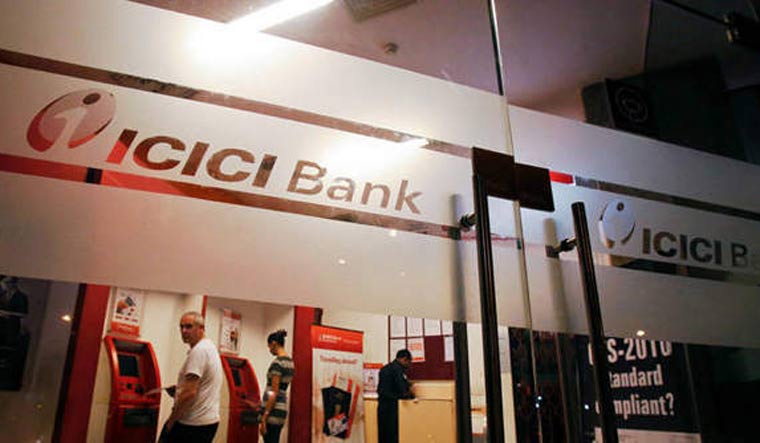Private as well as public sector banks have begun increasing their lending rates further, with the Reserve Bank of India on Wednesday raising its policy repo rate by 50 basis points. This increase in the benchmark rate at which it lends to banks was in addition to the 40 basis points hike in May, thus bringing the repo rate to 4.90 per cent.
Banks had already begun raising their lending rates since May. Now, one can expect a further upmove, especially if loans are linked to external benchmarks like the repo rate.
Over the last three years, interest rates were falling, in the backdrop of a slowing economy and the impact of the Covid-19 pandemic. Typically lending rates used to be based on a bank’s base rate or marginal cost of funds-based rate (MCLR). Prodded by the central bank to ensure a speedier transmission, many banks have also launched loans, where interest rates are linked to external benchmark. Here interest rates move in tandem with the change in the benchmark rate.
Leading banks like ICICI Bank, Bank of Baroda and Punjab National Bank revised their lending rates linked to the repo rate following RBI’s monetary policy committee meeting on Wednesday. Interest rates in these type of loans is typically calculated on the repo rate plus an additional markup.
ICICI Bank has raised its external benchmark lending rate to 8.60 per cent from 8.10 per cent from June 8. Bank of Baroda said on its website that the interest rate on various loans linked to repo linked lending rate would be 7.40 per cent effective from June 9. Punjab National Bank too raised its repo-linked lending rate to 7.40 per cent from June 9.
Furthermore, ICICI Bank had also revised its MCLR from June 1. Its one-year MCLR rate is now at 7.55 per cent. Private sector rival HDFC Bank revised its MCLR from June 7. Its one-year MCLR currently stands at 7.85 per cent.
Punjab National Bank had also raised its MCLR by 15 basis points, effective from June 1. Its one-year MCLR is currently at 7.40 per cent and three-year MCLR is at 7.70 per cent.
With the RBI expected to raise its repo rate further through the year ending March 2023, lending rates will only go up from here.
“With increase in repo rate over FY23, the pace of transmission will be more effective as the proportion of banking sector’s floating rate loans linked to the external benchmarks has risen further from 39.2 per cent/ 28.6 per cent/ 9.3 per cent in December 2021/ March 2021 and March 2020, respectively,” pointed out Kunal Shah, analyst at ICICI Securities.
Over the last two years, the proportion of loans linked to MCLR has come down to 53 per cent as of December 21 from 77.7 per cent in 2019-2020 financial year. Around 46 per cent of retail loans, 69 per cent of loans to micro, small and medium enterprises and 20.4 per cent of loans to large industries are linked to external benchmarks and will be repriced with repo rate being hiked, said Shah.
Just a few months ago, banks were offering home loans for as low as 6.5 per cent. These home loan rates have already moved up closer to 7 per cent. Interest rates on other products like vehicle loans, gold loans and personal loans too will go up in due course as banks revise their MCLR.
While your equated monthly instalments (EMIs) are undoubtedly going up, with the RBI clearly focused on taming inflation by way of raising interest rates, your fixed deposits in banks will also fetch a higher interest rate.
“Banks have also raised deposit rates across maturity buckets with peak retail term deposit rates being at 5.75 per cent. Also, wholesale peak term deposit rates are in the range of 5.25-5.75 per cent for leading private banks. Now, with another 50 bps repo rate hike, rates will be further revised upwards,” said Shah.
ICICI Bank revised its deposit rates for certain categories from Thursday. Several other banks too have raised their FD rates upwards in the last few weeks.





